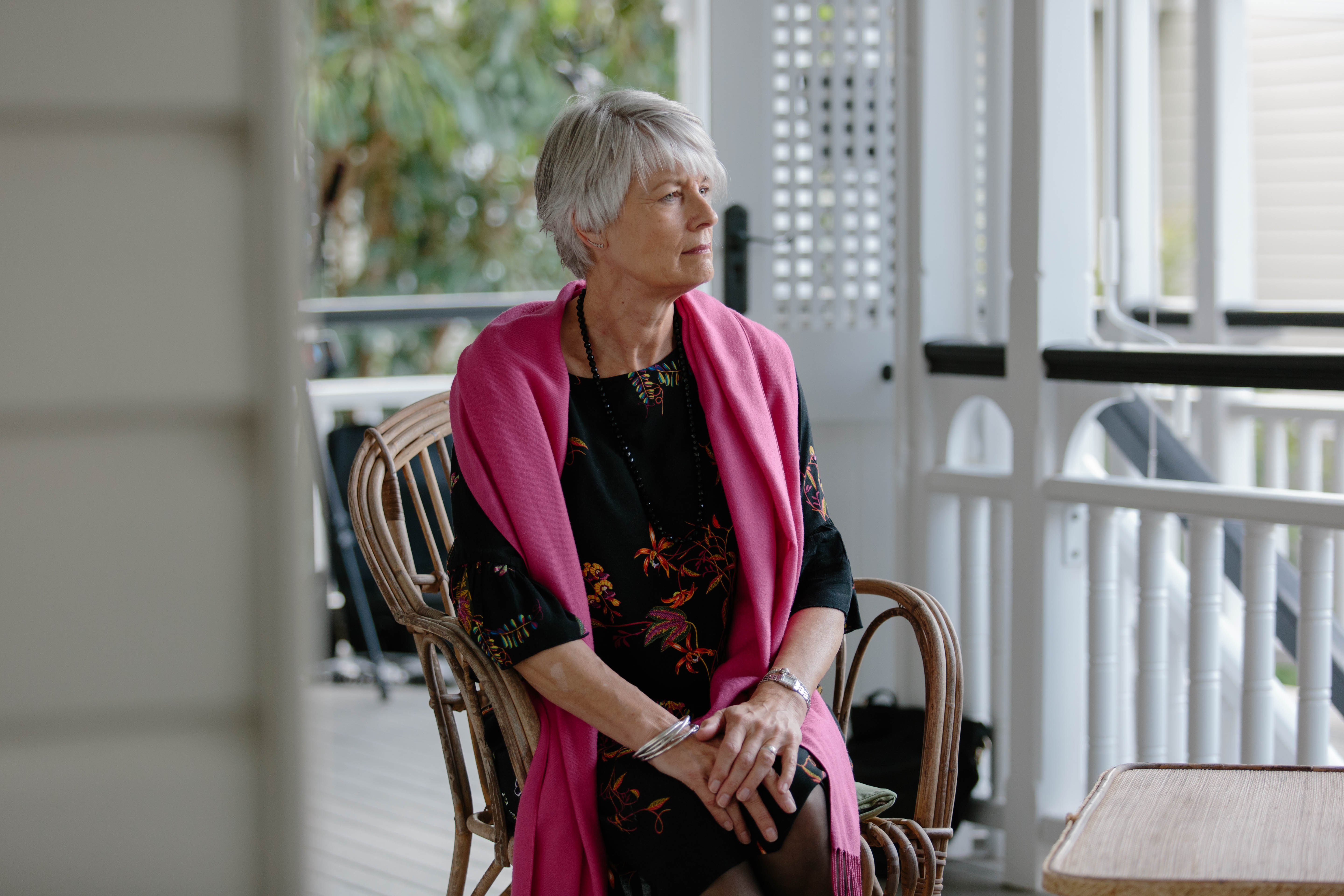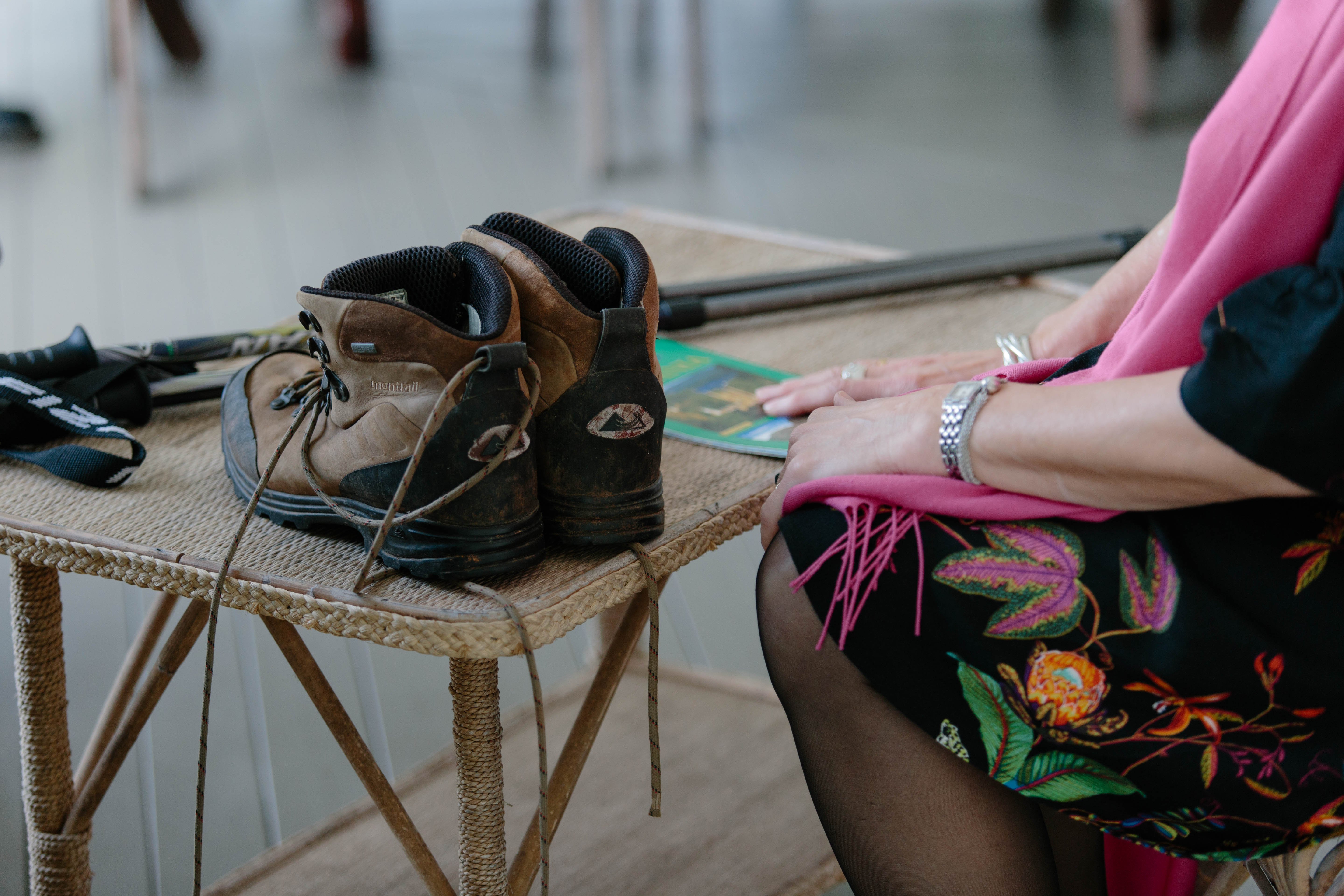At 64, Alastair Rushworth was diagnosed with early-onset Alzheimer’s disease.
A pipe organ builder, Alastair originally lived in the UK, and moved to Australia with his wife, Janice, in 2008, to begin a new chapter in their life. However, two years into the move, Alastair began to change.
Despite Alastair’s best efforts to hide his increasing symptoms, Janice knew something was wrong. His diagnosis of early on-set dementia was devastating, but it also gave certainty to Janice’s longstanding suspicions about the change in her husband’s behaviour and capabilities.
“In a sense, and rather oddly, it was almost a relief to be told, yes, that what you have been seeing is exactly what you think it is: Your husband has Alzheimer’s dementia, early onset,” she said.

With no treatments available, Janice watched Alastair’s condition deteriorate with little option than to manage his decline as best she could. She hired carers so she could continue working and tried what options that were available, but the drugs had little effect in treating symptoms.
After Alastair passed away in 2016, Janice asked her friends and family to make a donation to support research into Alzheimer’s disease instead of flowers at his funeral. She was shocked to find her quiet request raised over $4,000. It was here that her fundraising efforts began.
In 2017, Janice established the Alastair Rushworth PhD Scholarship Research Fund thanks to donations from family, friends, and the community, which raised $18,000 to support a PhD student at QBI researching Alzheimer’s disease. The inaugural recipient is Joey Benetatos, a young, driven researcher starting out his career.

In early October this year, Janice – along with a team of nine – set off to Tasmania to complete a fundraising trek along the Three Capes walk. The efforts of Janice and her fellow trekkers raised over $36,000, which will contribute to the exciting research currently being conducted at QBI into treating Alzheimer’s disease.
While there is currently no cure for dementia, promising research at QBI’s Clem Jones Centre for Ageing Dementia Research (CJCADR) is the use of non-invasive ultrasound to remove the hallmark plaques of Alzheimer’s disease, and restore cognitive function – at this stage, in mice models. The continuing support of Janice, members of the community and government is critical in progressing this type of research, and in ultimately finding a solution for treating Alzheimer’s disease.
“What’s really exciting about the work at QBI is the breadth of what they’re actually looking at,” she said. “There’s so much that we need to actually learn about dementia, and also find in terms of treatments and preventative methodology.”
